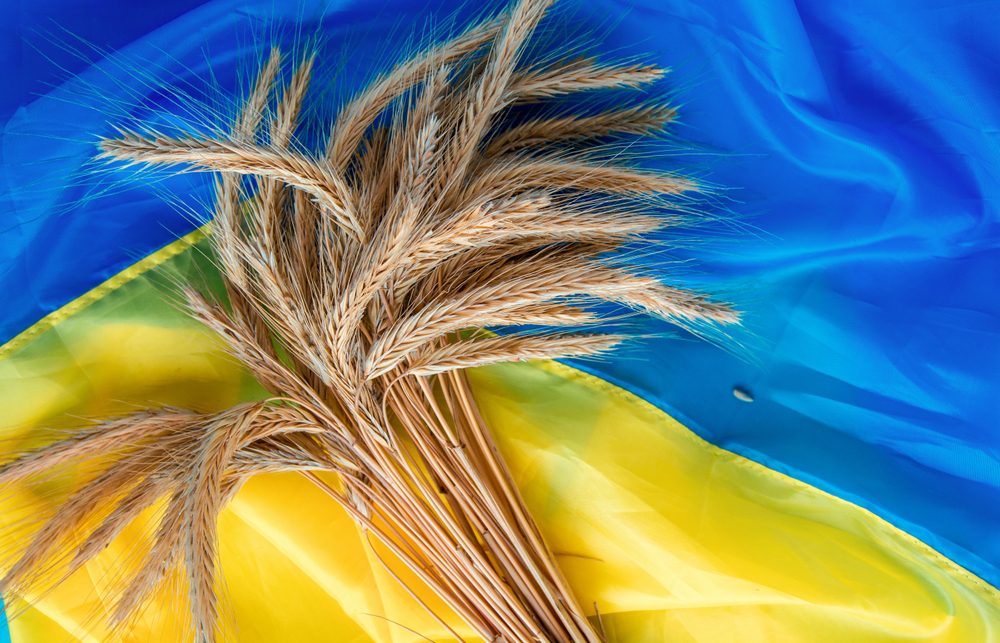
The European Commission and a number of Eastern European member states have, after fierce negotiations, finally agreed to Ukrainian grain being reimported. In recent weeks, several member states had banned imports of grain and other agricultural products from Ukraine.
According to Vice President Valdis Dombrovskis, who tweeted out the announcement on Friday, April 28th, the Commission will ensure “exceptional” (for now, still vague) safeguard measures for Ukraine’s wheat, maize, rapeseed, and sunflower seed.
In exchange, Poland, Hungary, Slovakia, and Bulgaria have pledged to withdraw their unilateral measures.
Because of the Russo-Ukrainian war, Ukraine’s exports have to pass through EU lands as the usual trade routes, through the Black Sea, are largely inaccessible.
Due to logistical issues, Ukrainian grain destined for third countries remained stored in those countries longer than anticipated, thereby causing a sharp drop in prices of local produce, directly affecting farmers. To compensate for the economic harm these suffered and keep them afloat, a €100m support package, announced on April 19th, will be coming their way.
Key elements of the deal, as also agreed with 🇺🇦:
— Valdis Dombrovskis (@VDombrovskis) April 28, 2023
✅Withdrawal of unilateral measures by 🇵🇱,🇸🇰 , 🇧🇬 , 🇭🇺.
✅Exceptional safeguard measures for 4 products: wheat, maize, rapeseed, sunflower seed.
✅€100m support package for affected farmers in 5 Member States.
2/3
Once Poland, Hungary, Slovakia, and Bulgaria had unilaterally pronounced their bans, they were met with resistance from the Commission, which saw this block’s ban as a threat to EU authority trade policy.
With consensus finally having been reached (or bought), Commission President Ursula von der Leyen tweeted approvingly that the deal “preserves both Ukraine’s export capacity so it continues feeding the world, and our farmers’ livelihoods.”
I welcome the agreement in principle found on the transit of 4 types of Ukrainian grain and seeds.
— Ursula von der Leyen (@vonderleyen) April 28, 2023
A deal that preserves both Ukraine’s exports capacity so it continues feeding the world, and our farmers’ livelihoods.
Thank you @VDombrovskis and @jwojc for your efforts. https://t.co/9TqtuG1gla
In an interview with Euractiv published earlier that day, Ukraine’s Deputy Prime Minister Olha Stefanishyna criticized the decisions made by certain Eastern European nations to ban Ukrainian imports. She said these decisions “played into the hands of Russia—it helps Russian propaganda in such a crucial time of the Ukrainian fight against the invasion,” adding that the “breaking of the basic EU principles by individual member states should be tackled by the European Commission without damage to Ukraine and the countries-recipients of Ukrainian agro-products.”
Earlier on Friday, it was announced that the EU will continue exempting Ukraine from import tariffs for another year, despite the discontent that policy is sowing among farmers in Eastern Europe.
Commenting on this, Stefanishyna said that
the flow of Ukrainian agro-export is a matter of survival for the Ukrainian economy, heavily impacted by the full-scale Russian war of aggression—so, our common priority should be an extension of the suspension of import duties, quotas, and trade defense measures on Ukrainian exports to the EU.
Ukraine received the blanket exemption from import tariffs last June, the goal being to help keep the country solvent following the Russian invasion. Even before that time, however, under the EU-Ukraine free trade agreement that had been in effect since 2016, most EU tariffs did not apply to Kyiv.
